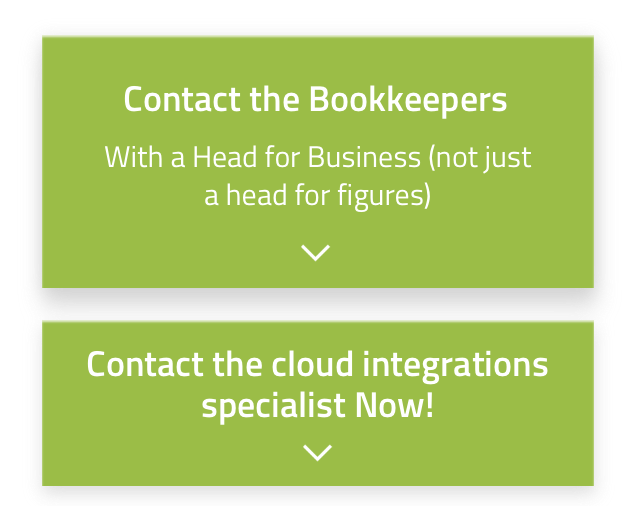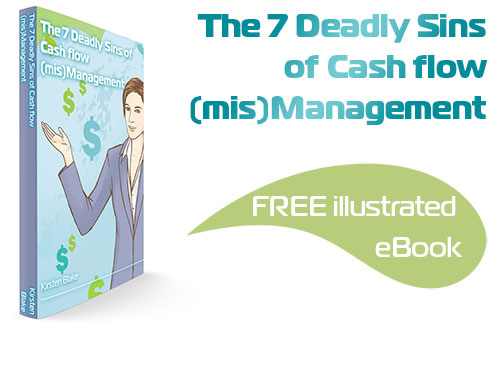

Let's Chat!
Tailoring the right solution for each business is what we are passionate about. Based on an initial chat with you, we'll be able to prepare a unique proposal for you and your business. We are based in Brisbane
Take a moment to connect with us using the form below, or call us directly on:
1300 255 337 (Mon. to Fri. 10 am - 4 pm):
Having a mere invoice on paper is worthless until the money actually appears in your bank. You know what’s even worse than this? Failing to invoice customers for your service or products! (This doesn’t apply to you of course, but the amount of people who do this is staggering!).
Average debtor days is a key indicator affecting cash flow. In other words, the time it takes your debtors to actually pay you (once you invoice them). The fewer average days between the sending of your invoice and the receipt of the cash total, the better off you are. So, remove every possible excuse for non-payment. Here’s a few tips that come in handy:
- Send an invoice to them as soon as the work is done or the product is delivered. Every invoice is a branding opportunity, so use a good design and add your company logo. Invoice for everything – don't let anything fall through the gaps. Let your accounting software do the hard work preparing invoices, use recurring invoices. Build invoicing into your business workflow.
- Use online systems like Xero and QBO to do this for you while you focus on the job at hand. Ensure your invoices are comprehensive and itemised, with all the necessary details.
- Don't extend credit unless it's absolutely necessary. Establish credit policies and stick to them. Agree payment dates and amounts with your customers in advance. Set reminder alerts to notify your customers that payment is due.
- Always send statements and make a phone call reminding your customer their bill is due. Never be rude, but be clear about your terms and conditions. Focus on keeping the relationship positive. If a customer has a legitimate concern, do whatever you can to fix the problem for them.
As an aside, turn this principle around and apply it to creditors. Use the full terms of your credit to pay your bills. Stay on the good side of creditors but don’t pay early if you don’t have to. Cash in your bank is better than cash in your creditors’ before it really needs to be there.
Do you want to know more? Read our eBook:

Subscribe by email and instantly get FREE Illustrated eBook. Adequate ‘positive’ cash flow is essential for the survival of any business, yet this is something that over 50% of small business owners struggle to manage.

